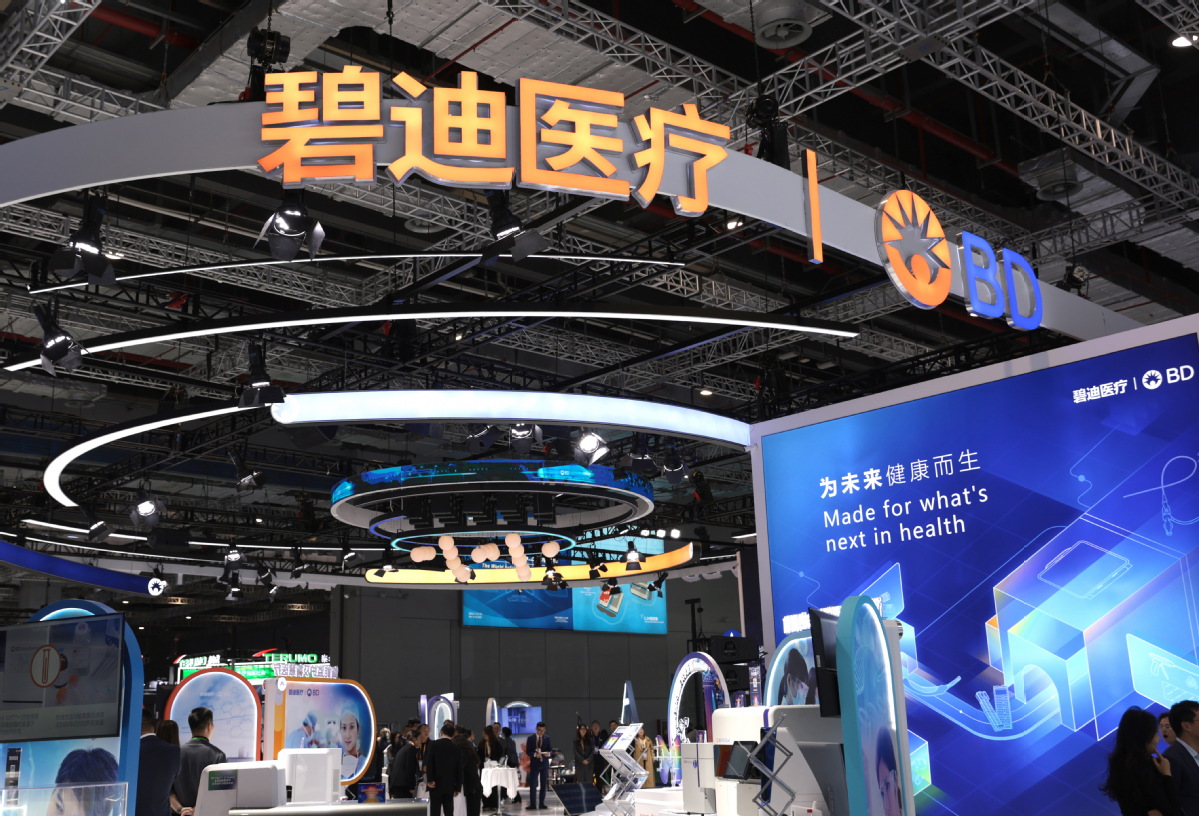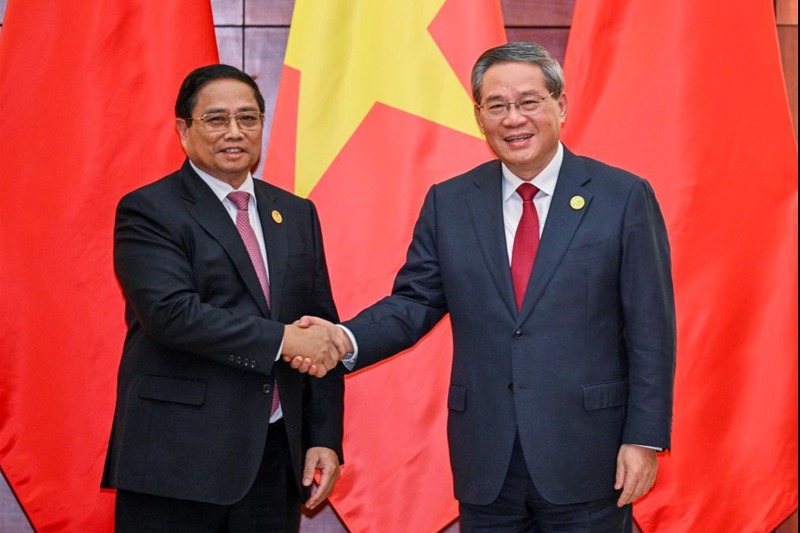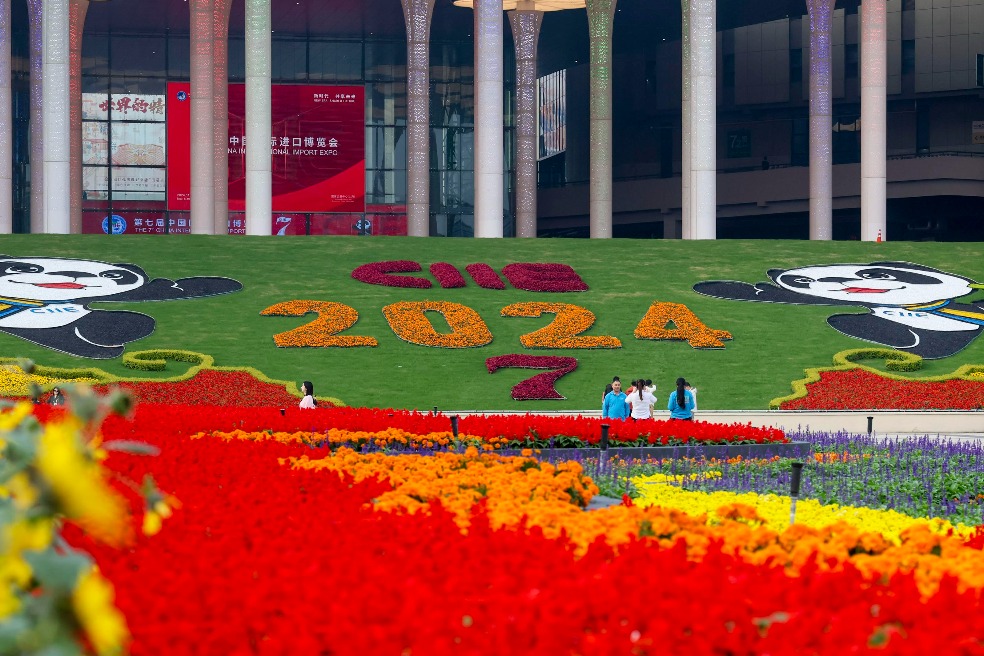CIIE offering better market opportunities
Corporate service entity Swiss Centers applauds expo's role in bilateral ties


China remains an attractive market despite global economic uncertainties, a top executive participating in the ongoing seventh China International Import Expo in Shanghai said.
The expo, which began Tuesday, will conclude on Sunday.
Xiao Zhen, CEO of Swiss Centers, a nonprofit Sino-Swiss corporate services provider, said that the CIIE offers Swiss companies a valuable opportunity to engage with local governments, professionals and industry leaders.
Xiao also said that he is optimistic about the future of business cooperation between China and Europe.
He said Swiss Centers, which has been serving Swiss companies in Shanghai for 24 years, has brought 14 innovative companies in the medical devices sector — each holding a leading position in their respective fields — to the CIIE this year.
Despite global economic headwinds, Xiao said China remains an attractive market, especially in the healthcare sector, where demand in the country aligns well with the innovative capabilities of Swiss companies.
The Shanghai expo is once again showcasing one of its highlights — the Medical Innovation Incubation Zone — to bring together innovative forces to promote global cooperation.
The zone, with its unique attributes, has been a feature of the CIIE for four consecutive years, and is becoming a critical platform for international procurement, investment promotion, cultural exchange and open cooperation, said James Deng, senior vice-president of Becton, Dickinson & Co and general manager of BD China.
Covering a wide range of products, from dental care to diabetes self-management tools and quantum-assisted therapeutic devices — all of which reflect the innovation prowess of Swiss and European companies — the zone intends to let visitors leverage resources from various sources, Deng said.
He noted that beyond the exhibits, the zone has extended its reach through two seminars, held in cooperation with the Henan provincial and Tianjin governments. These aim to help companies better understand the Chinese market and policy environment to foster financing and collaboration.
Deng also said he hopes small and medium-sized enterprises can seize more opportunities for innovative development through participation in the annual expo.
As a leading company in the medical devices industry, the United States-based BD plays a significant role in global medical innovation, Deng said.
Over the past four years, he said BD has visited some of the world's top technology parks to refine an incubation model that aims to create a high-quality platform for companies to enter the Chinese market and develop sustainably.
Deng said BD plans to help Chinese companies invest abroad, creating a dual-circulation model of "bringing in and going out" that will foster innovation in China and present a new phase of the country's reform and opening-up to the outside world.
In the incubation zone, there has been close collaboration between Chinese and European companies, a convergence of innovative technologies and market needs, as well as policies and corporate growth.
These factors can help drive innovation in the healthcare industry and contribute Chinese wisdom and solutions to global health initiatives, Deng said.
The incubation zone, he added, has once again demonstrated its crucial role in promoting international cooperation and advancing medical innovation.




































